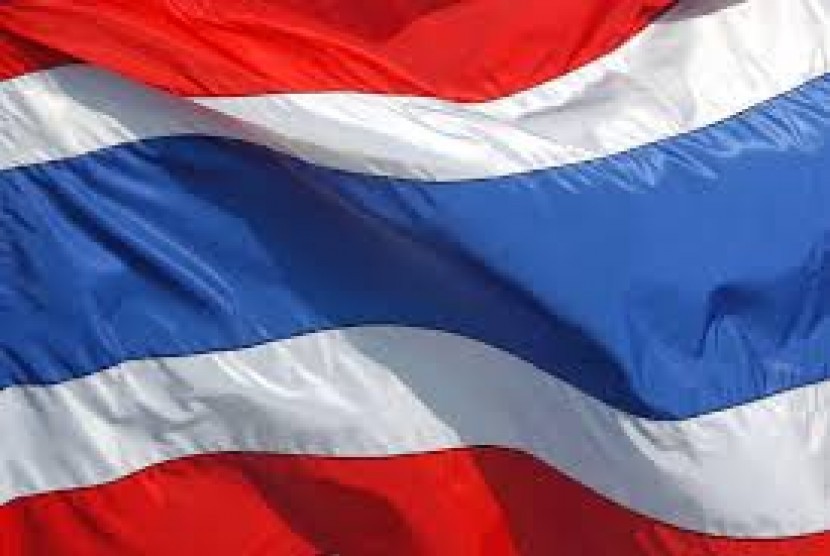REPUBLIKA.CO.ID, BANGKOK -- Thai Prime Minister and junta leader Prayuth Chan-ocha hinted on Monday he may reshuffle his cabinet in September as the government comes under mounting pressure to deal with a slow economy.
Southeast Asia's second-largest economy has consistently missed government targets for growth since Prayuth led a military coup in May 2014, ending months of street protests that brought the country to the verge of recession.
"There may be changes in some cabinet members," Prayuth told reporters. "The reshuffle may come when the government has worked close to one year."
The existing cabinet started work in September 2014, some four months after the coup.
Media has speculated for days on a reshuffle centred on positions related to the economy. Finance Minister Sommai Phasee on Wednesday denied a media report that he had resigned.
Prayuth warned that a cabinet reshuffle may not bring quick change to the economic performance.
"It's not like the shuffle will mean the economy will get better instantly," he said. "Don't blame individuals because the poor economy is due to many different factors - both internal and external."
Thailand is heavily dependent on exports, which are worth about two-thirds of gross domestic product (GDP).
But a mixture of slow external demand and reliance on shipments of products that are becoming obsolete have hurt Thai exports.
Exports in June fell at the steepest rate in more than three years. Exports for the full year are expected to decline for the third consecutive year in 2015.
Domestic demand is also slow amid record household debt and as farmers struggle with low incomes due to drought, weakness in international commodity prices and a sharp reduction in government subsidies.
For 2015, authorities and economists have steadily downgraded their growth projections.
The central bank in June cut its growth forecast to 3.0 percent for the year, down from 3.8 percent. Central Bank Governor Prasarn Trairatvorakul said on July 16 growth could miss the revised target because of drought.
The economy expanded just 0.9 percent in 2014, the weakest since flood-hit 2011.
A weak economy could undermine support for the government as frustration with restrictions on political activity simmers, particularly among younger voters and supporters of former Prime Minister Yingluck Shinawatra, whose government was ousted in 2014.
Prayuth has laid out a road map involving, among other things, the drafting of a new charter that he says will pave the way for elections some time in 2016.


